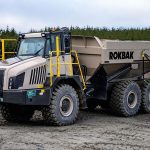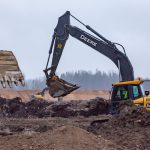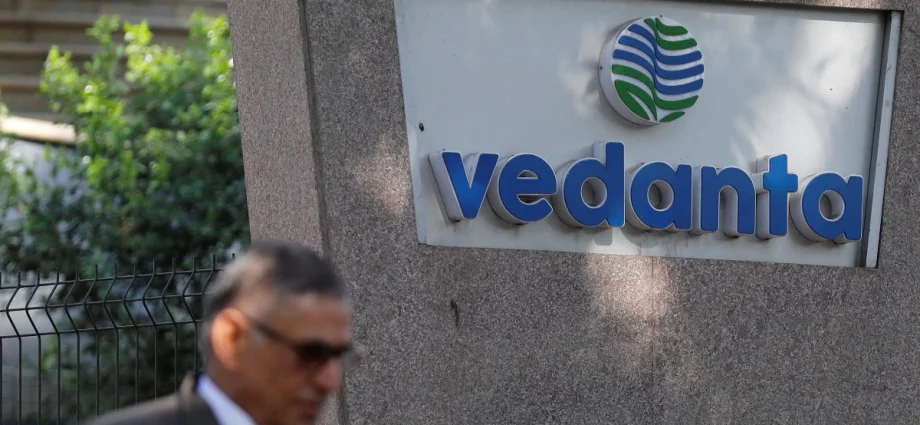UK-based mining group Vedanta Resources is exploring a potential initial public offering (IPO) in the United States for its Zambian subsidiary, Konkola Copper Mines (KCM), aiming to raise around $1 billion to finance mine development, according to Reuters, citing sources familiar with the matter.
The mining conglomerate, led by Indian billionaire Anil Agarwal, has reportedly enlisted Barclays and Citigroup to advise on the potential listing. Discussions are said to be at a preliminary stage, with no firm timeline yet confirmed.
Vedanta currently holds an 80% stake in KCM, while the Zambian Government, through its investment arm ZCCM-IH, owns the remaining 20%.
KCM is home to some of the world’s highest-grade copper deposits and boasts reserves of approximately 400,000 tonnes of cobalt, a critical mineral for clean energy technologies and electric vehicle batteries.
A spokesperson for Vedanta confirmed that the company is evaluating a variety of funding strategies, including internal cash flows, debt instruments, and equity offerings, to support its growth plans worldwide.
Vedanta aims to ramp up copper production at KCM to 300,000 tonnes annually within five years. This follows a difficult period marked by a prolonged legal dispute with the Zambian Government, which had placed the company’s operations into provisional liquidation.
Control of the assets—including mines, a smelter, and a refinery—was restored to Agarwal last year. Since then, Vedanta has secured short-term financing, settled local debts, and increased investments in community development initiatives.
The company has also established a new US-based entity, Global Transition Resources, which, according to a social media post, oversees copper, cobalt, and gold production in Africa. It remains unclear whether this entity will serve as the vehicle for the potential IPO.
Vedanta had previously attempted to sell a stake in KCM to International Resources Holding, a firm based in the United Arab Emirates, but the deal collapsed. Other efforts to sell at least 30% equity have also fallen through—making a public listing a more viable path forward, the report added.















